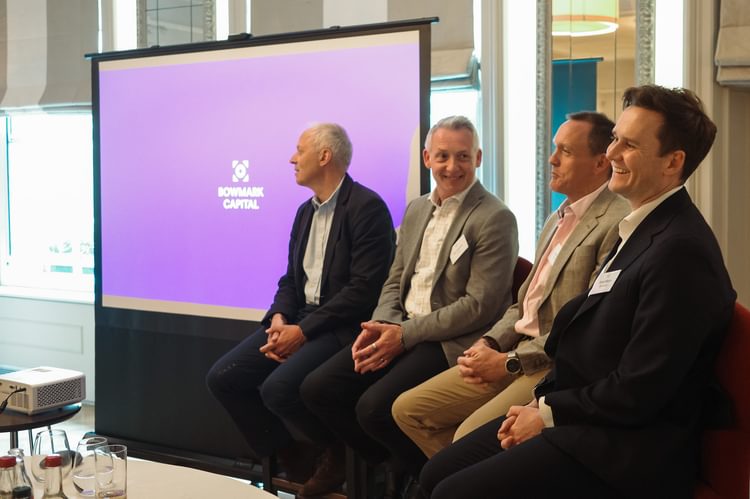At this year’s Bowmark CFO Forum, we explored how finance leaders can take control of their data, avoid complexity and build shareholder value – whatever the company’s stage of development.
Build the foundation early
Investing in data infrastructure early in the investment cycle creates a strong platform for value creation and helps accelerate growth. When the right foundations are in place – with systems connected, key metrics defined and data accessible – the business moves faster and decision-making improves.
Crucially, this work also supports better outcomes at exit. Buyers no longer begin with an examination of the P&L or financial model, they start with the datacube – the detailed breakdown of customer, revenue and product performance over time. It is how buyers build conviction. If the datacube is at odds with the equity story, it will delay the process and undermine value aspirations.
The tools are already here
CFOs are often wary of launching a full-scale transformation project – and rightly so. ERP implementations can be slow, expensive and disruptive to replace. But the new generation of tools offer a different way forward. They are typically ERP-agnostic, can be deployed quickly, and are capable of surfacing insight across siloed systems.
Rather than replacing existing infrastructure, they sit on top of it – allowing CFOs to build the “single source of truth” without a clean slate.
Across the Bowmark portfolio, we have seen tangible value created through targeted, low-lift solutions. For example:
- WSD is using behavioural triggers to automate debtor collection and improve working capital forecasting.
- IWSR introduced decision support tools that improve contract renewal outcomes and provide valuable insights to the team.
- CubeLogic is deploying Salesforce’s project management capabilities to enable customer-level usage tracking, which is enhancing margins and client retention.
None of these involved rebuilding core systems – just applying the right lens to the right data.
Why CFOs must lead
The CFO is uniquely positioned to lead the company’s data agenda. They understand the financial metrics, the systems and the commercial levers – and they are the ones who have to explain the numbers when it matters most.
It is the CFO who understands what investors need and how their expectations are evolving. Owning the datacube is not just about reporting accuracy. It is about shaping the narrative and ensuring the business is positioned to realise its full value.
Evidence drives results
Due diligence has evolved. AI is increasing the depth and intensity of analysis, and buyers are no longer content with just a compelling story. They want the data to back it up – pipeline coverage, retention by cohort, price realisation, ARR predictability.
Data Vision Services shared some fascinating examples of how CFOs have used data to tackle common challenges, including:
- identifying and addressing revenue leakage to improve recurring revenue;
- mapping customer behaviour and product uptake to enable cross-sales; and
- using historic pipeline trends to forecast ARR and improve strategic planning and decision-making.
Each of these initiatives delivered clear commercial benefits without the need for disruptive system changes.
Start now – and stay ahead
For private equity-backed CFOs, the message is clear. Start now. Build momentum with simple, high-impact initiatives. And do not wait for a sale process.
Modern tools are making this easier – and the rewards are significant. Deeper insights, faster decisions, and a clearer equity story.
CFOs who take ownership of the data journey will not only create shareholder value – they will be better placed to realise it.

